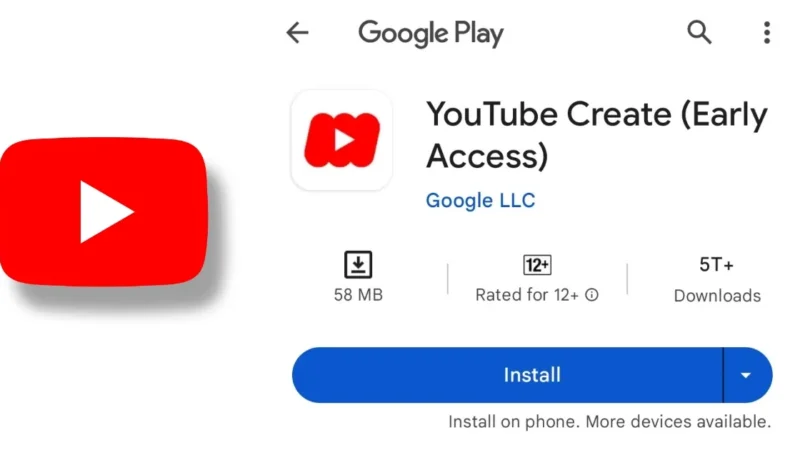What is NLP?

Picture Credit
https://en.wikipedia.org/
What is NLP
NLP stands for “Natural Language Processing.” It is a subfield of artificial intelligence (AI) and linguistics that focuses on the interaction between computers and human language. The primary goal of NLP is to enable machines to understand, interpret, and generate human language in a way that is both meaningful and useful.
NLP involves a wide range of tasks and applications, including:
Text Understanding: NLP aims to understand the meaning of written or spoken language by analyzing the syntactic and semantic structures of sentences and texts.
Speech Recognition: This involves converting spoken language into text, allowing computers to understand and process spoken commands or conversations.
Language Translation: NLP is used to develop machine translation systems that can automatically translate text from one language to another.
Sentiment Analysis: NLP can be used to determine the sentiment or emotion behind a piece of text, whether it is positive, negative, or neutral.
Information Retrieval: NLP plays a significant role in search engines, helping to retrieve relevant information from vast databases based on natural language queries.
Chatbots and Virtual Assistants: NLP is used to create conversational interfaces and chatbots that can understand and respond to human queries and requests.
Text Generation: NLP can be used to generate human-like text, such as article writing, poetry, or creative writing.
NLP techniques often involve machine learning and deep learning algorithms, which allow computers to learn patterns and representations from large amounts of language data. By leveraging these techniques, NLP continues to advance and find applications in various industries, including customer service, healthcare, education, and more.
Some of the key uses of NLP include:
Chatbots and Virtual Assistants: NLP is instrumental in creating conversational agents like chatbots and virtual assistants. These applications can understand and respond to human queries, automate customer support, and provide personalized assistance.
Sentiment Analysis: NLP is used to determine the sentiment or emotion behind text data, such as social media posts, product reviews, or customer feedback. It helps businesses gauge public opinion, assess customer satisfaction, and make data-driven decisions.
Language Translation: NLP powers machine translation systems, enabling the automatic translation of text or speech from one language to another. Popular translation services like Google Translate rely on NLP algorithms.
Information Retrieval: NLP is employed in search engines to improve the accuracy and relevance of search results. It helps users find information more effectively by analyzing their queries and understanding the context.
Speech Recognition: NLP enables voice-activated technologies and speech recognition systems. It is used in voice assistants like Apple’s Siri and Amazon’s Alexa, as well as in transcription services.
Text Summarization: NLP techniques can automatically summarize lengthy texts, making it easier for users to grasp the main points of an article or document quickly.
Named Entity Recognition (NER): NLP is utilized to identify and classify entities in text, such as names of people, organizations, locations, dates, and more. NER is useful in information extraction and knowledge graph creation.
Text Classification: NLP can categorize text into predefined classes or labels. This is widely used in spam email filtering, sentiment classification, topic categorization, and content moderation.
Language Generation: NLP can generate human-like text, which has applications in creative writing, content generation, and even chatbot responses.
Medical and Healthcare Applications: NLP is used to process medical literature, electronic health records, and clinical notes, aiding in medical diagnosis, research, and patient care.
Financial and Business Analytics: NLP can analyze financial reports, news articles, and market sentiment, helping in investment decisions and market trend predictions.
Social Media Analysis: NLP is employed to monitor and analyze social media content for brand reputation management, customer feedback, and social listening.
These are just a few examples of the wide-ranging applications of NLP. As the field of NLP continues to advance, it is likely to find even more diverse and impactful uses across different industries and sectors.
In September 2021, the market competition in the field of Natural Language Processing (NLP) was intense, with various companies and organizations vying to provide innovative solutions and products. Some of the key players in the NLP market include:
Google (Alphabet Inc.): Google has been a leader in NLP technologies with products like Google Search, Google Translate, Google Assistant, and Natural Language API. They have significant expertise in language understanding and information retrieval.
Microsoft: Microsoft has made significant investments in NLP, with products like Microsoft Azure Cognitive Services, Language Understanding (LUIS), and Bing Natural Language Processing. These offerings cater to various NLP tasks and applications.
Amazon Web Services (AWS): AWS provides NLP capabilities through services like Amazon Comprehend, Amazon Lex (for chatbots), and Amazon Polly (for text-to-speech). Amazon has been at the forefront of cloud-based NLP solutions.
IBM: IBM’s Watson NLP platform offers a suite of NLP tools and services, including Watson Natural Language Understanding and Watson Discovery. IBM has been active in both enterprise and research-driven NLP applications.
OpenAI: OpenAI is a prominent player in the NLP research community, with contributions to advanced models like GPT (Generative Pre-trained Transformer). They offer NLP tools and APIs to developers and businesses.
Facebook (Meta Platforms Inc.): Facebook has incorporated NLP in its products like Facebook News Feed and Messenger. They have also been involved in research and contributions to the NLP community.
Apple Inc.: Apple integrates NLP in its products and services, such as Siri and other language processing features across macOS, iOS, and other platforms.
Salesforce: Salesforce offers Einstein Language, an NLP service that powers various AI-driven applications within their CRM platform.
Nuance Communications: Nuance is known for its speech and language technologies, including NLP-based solutions for healthcare, customer service, and automotive applications.
Baidu: Baidu is a prominent player in the Chinese market, with expertise in natural language understanding and voice recognition.
These companies, along with numerous startups and research institutions, continue to drive innovation and advancements in NLP. The market is dynamic, with new players and technologies emerging regularly. Each company’s focus, target industries, and specific NLP capabilities can vary, contributing to healthy competition and continuous development of NLP applications. For the latest updates on market competition and key players, it is recommended to refer to recent industry reports and news sources.

neelam tyagi
Technical content writer with a master’s degree in Technology and a keen interest in Tech and Information Technology. She has over three years of experience in writing content for various online platforms, such as Boomi Techie, and Tech Mantra. She creates content that educates and empowers readers on topics such as AI, Tech News, and Innovations. She uses clear and concise language to explain complex tech concepts and terminologies.




